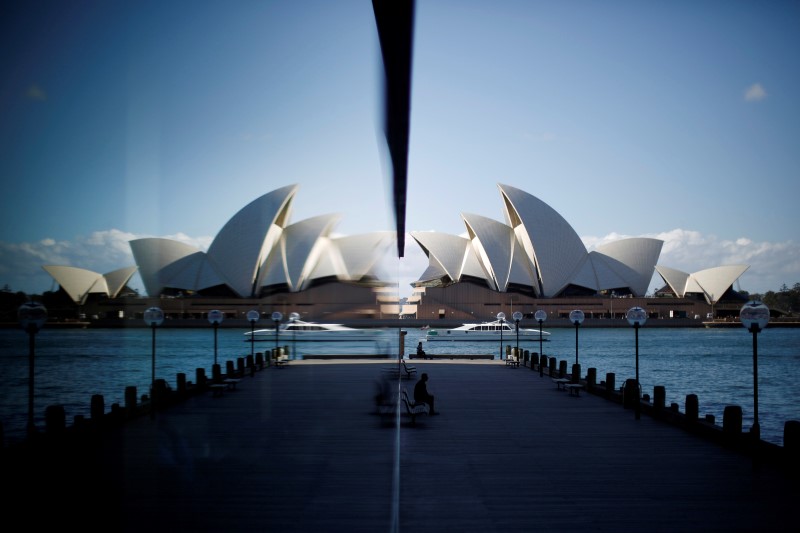By Byron Kaye and Sonali Paul
SYDNEY, April 7 (Reuters) - Cardinal George Pell's ambition, intellect and ability to befriend influential people saw him rise from his childhood home in an Australian gold mining town to become the Vatican's third-most senior official.
Pell's ascension to the highest ranks of the Catholic church ended in December 2018 when the Oxford-educated cardinal was sent to jail as a convicted paedophile - the most senior Catholic official worldwide to be jailed for child sex offences.
His jailing brought an abuse scandal that has dogged the church worldwide for three decades to the heart of both the Vatican and Australian civic life.
On Tuesday, Australia's High Court quashed his conviction and he walked free from jail in time to celebrate Easter.
The court upheld a final appeal by Pell, 78, when all seven judges ruled that the jury "ought to have entertained a doubt" that the offences may not have happened. had always proclaimed his innocence of five charges of child sex offences committed when he was archbishop of Melbourne in the late 1990s.
Before his abuse trial, Pell was one of the most powerful Catholic church leaders Australia has ever seen.
He was held in awe by the faithful, although criticised for his conservatism by more liberal churchgoers. He wrote newspaper columns and had the ear of not only the powerful in Australia but also the Vatican, due to his ability raise funds, according to several profiles on the man.
Pell started his church career as a priest in his hometown of Ballarat, where as a young boy he excelled in a range of sports such as football, athletics and swimming. He was also academically gifted.
Subsequent inquiries revealed that Ballarat was one of the dioceses worst-affected by Catholic church abuse in Australia.
In 1996 Pell became archbishop of Melbourne, Australia's second largest city. In 2018, a 12-person jury found him guilty of abusing two choirboys in the 1990s in the city's St Patrick's Cathedral, but the High Court said the jury failed to consider "a reasonable possibility" the offences did not occur.
By the time Pell became Archbishop of Sydney, the country's top Catholic position, in 2001, he was a polarising national figure – revered by many conservative Catholics but criticised by liberals for his outspoken views.
A former conservative Australian prime minister gave Pell a character reference during his sentencing and another was on the phone with him shortly after his conviction was made public.
As the most powerful church leader in Australia, Pell staunchly opposed the morning-after pill, same-sex marriage, and was a proponent of priestly celibacy.
At a 2002 World Youth Day event in Toronto, Pell made headlines by saying "abortion is a worse moral scandal than priests sexually abusing young people" since abortion was "always a destruction of human life".
As evidence rose of Catholic church abuse in Australia, Pell established a financial scheme for victims of paedophile priests, which was capped at A$50,000 – much less than courts could have awarded.
In testifying before a Royal Commission into abuse Pell said he said he did not know of the sexual abuse of children in Ballarat by another priest in the 1970s until the priest's conviction in 1993.
"It's a sad story and it wasn't of much interest to me," he told the inquiry. Pell also said the Church made "catastrophic" choices by minimising its response to, and covering up, abuse complaints.
In meetings among cardinals before the conclave that elected Pope Francis in 2013, Pell stood out not only for his imposing height and broad shoulders, but for his command of financial matters.
Hoping to end Vatican financial scandals, the pope moved Pell to Rome and in 2014 appointed him to run a new ministry, the Secretariat for the Economy.
Pell lost his position as Vatican treasurer when he was imprisoned.
